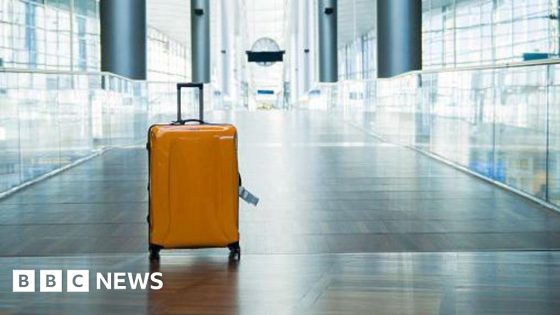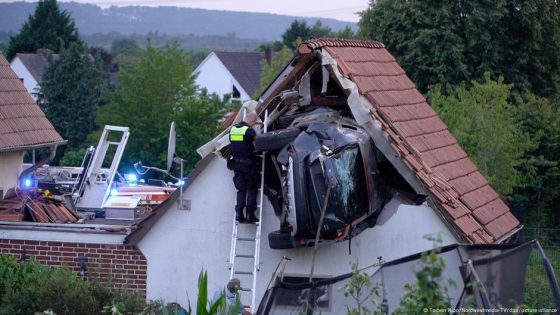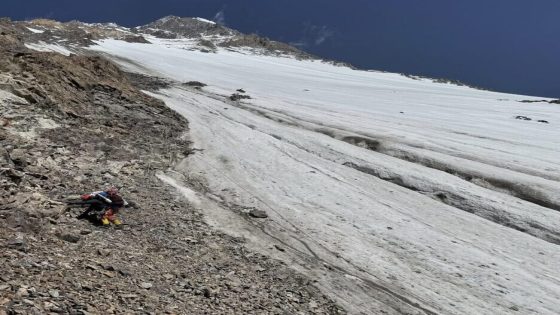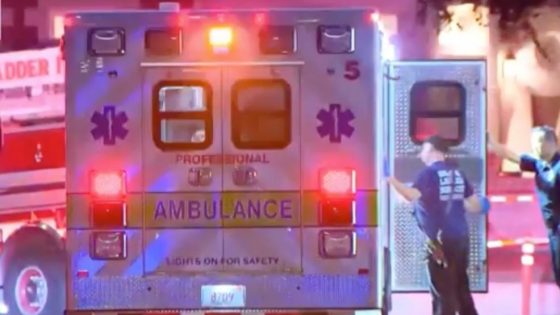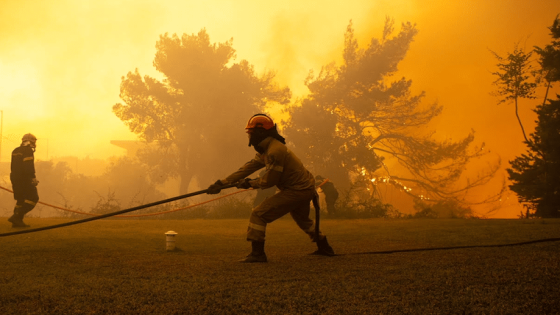A tragic incident has unfolded in Bali, Indonesia, where a 26-year-old Brazilian tourist, Juliana Marins, lost her life during a steep volcano hike. This heartbreaking event occurred on June 21, 2025-07-04 18:12:00, when Marins fell while ascending Mount Rinjani, a towering peak over 12,000 feet high. Her body was discovered three days later, leading to an investigation into the circumstances surrounding her death.
- Brazilian tourist died during volcano hike
- Fatal injuries caused by internal bleeding
- Body found after multi-day search
- Family accuses rescue team of negligence
- Instagram account created for recovery updates
- Justice sought for Juliana Marins' death
According to a local coroner, Marins died from severe internal injuries, including organ damage and bone fractures, just minutes after her fall. Her family has since accused the hiking and rescue team of negligence, claiming that a quicker response could have saved her life. They expressed their grief and frustration through social media, emphasizing the need for accountability in such dangerous environments.
This tragic event raises important questions about safety protocols in adventure tourism. How can rescue teams improve their response times to prevent similar tragedies? The following points highlight key considerations:
- Timely rescue operations can significantly impact survival rates.
- Training for rescue teams is crucial in high-risk environments.
- Tourists should be educated on the dangers of extreme hikes.
- Accountability measures must be established for rescue operations.
As we reflect on this tragedy, it’s vital for both tourists and operators to prioritize safety. Enhanced training and quicker response times could save lives in the future.





